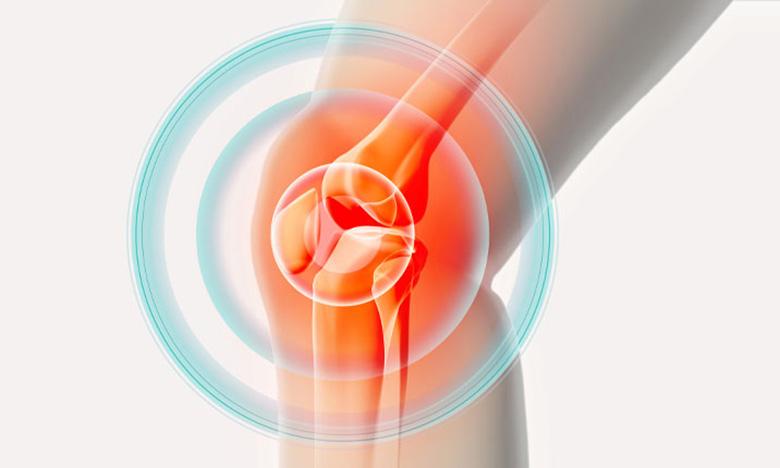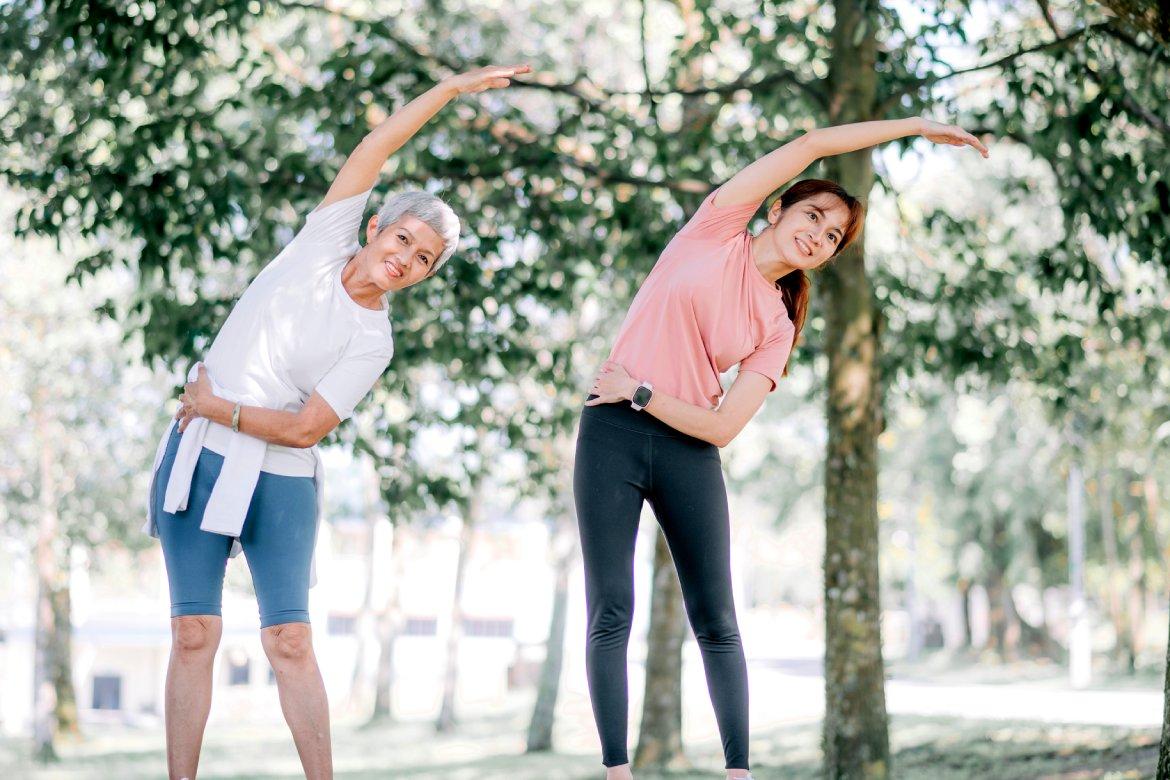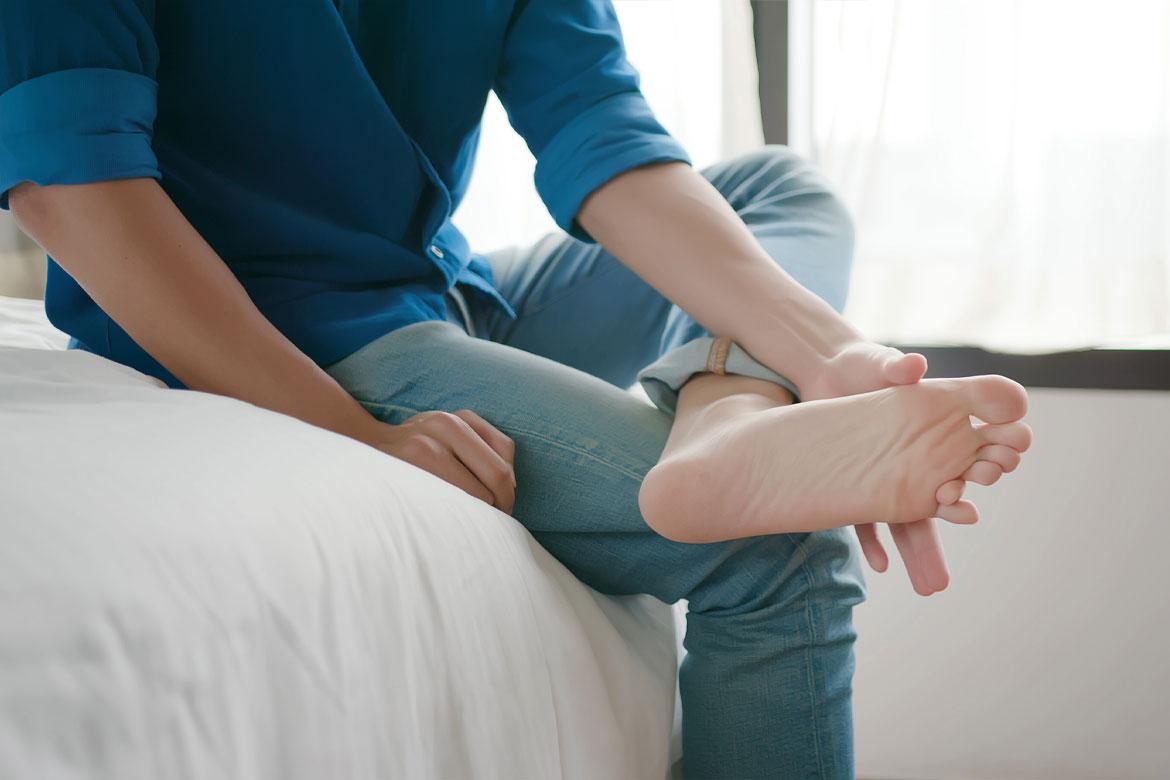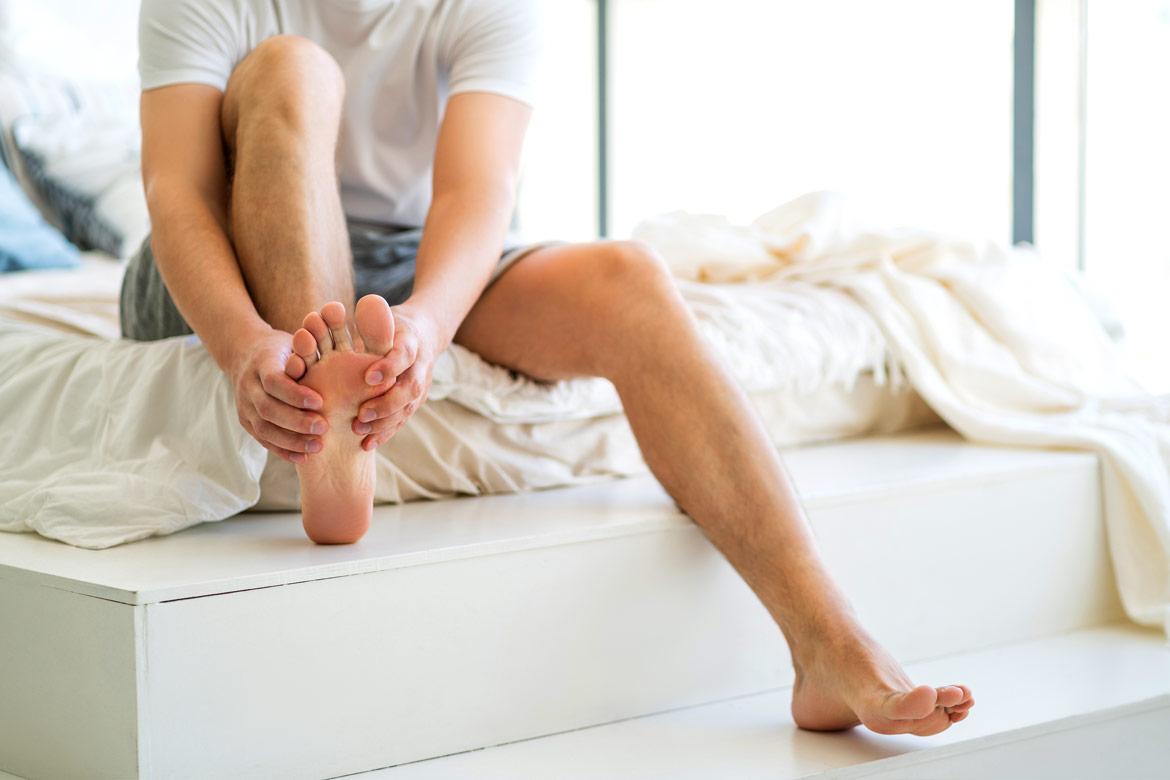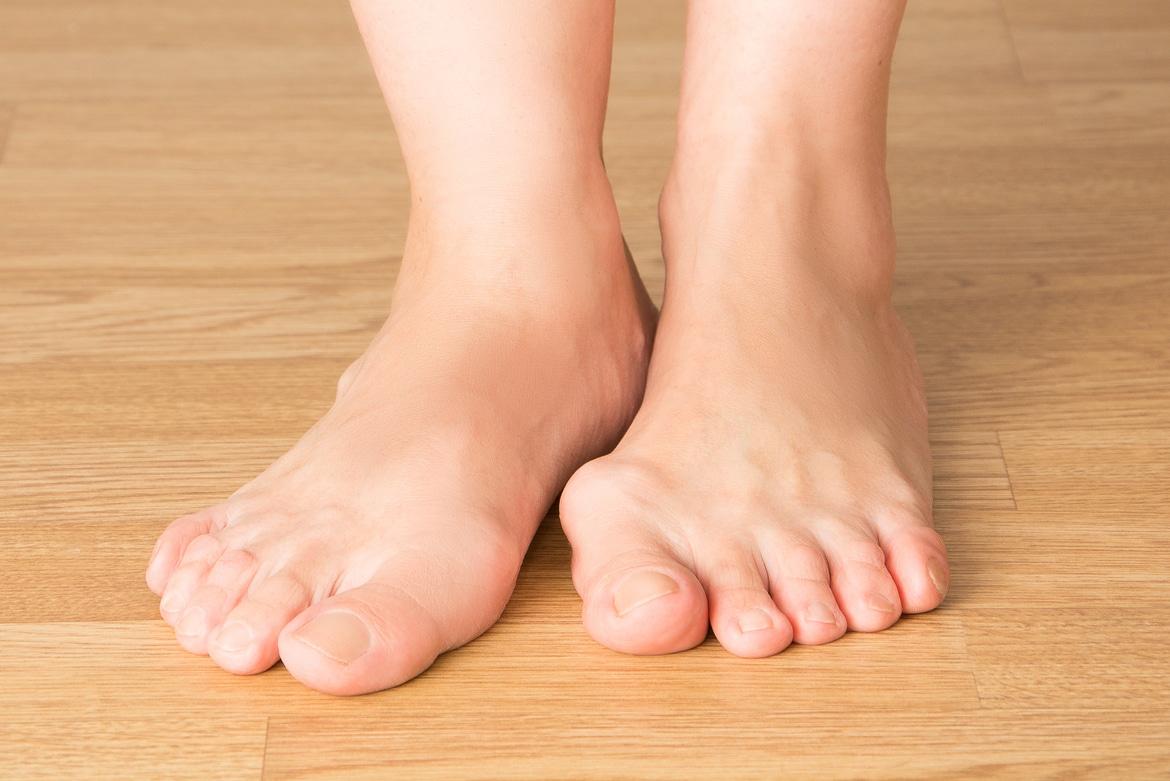Anterior Knee Pain (Runner's Knee or Chondromalacia Patellae)
What is anterior knee pain (runner's knee)?
Anterior knee pain, also known as runner's knee or or chondromalacia patellae, refers to pain located in the front of the knee around the kneecap.
The knee cap (patella) sits over the front of the knee joint. When you bend your knees, the back of the knee cap glides over the cartilage of the thigh bone (femur). Assisting in this movement are tendons and ligaments that attach the knee cap to the shinbone and thigh muscle. When any of these parts are unable to move or function normally, pain can arise.
Anterior knee pain is a common symptom and can be due to a number of causes.
What are the symptoms of anterior knee pain?
Typical symptoms of anterior knee pain include:
- Dull aching pain in the front of the knee cap.
- Pain that comes and goes, and feels worse after long periods of sitting.
- A grating or grinding sensation or sound when the knee bends and straightens, known as crepitus.
- One knee often hurting worse than the other.
- Puffiness or swelling around the knee cap.
These symptoms can be aggravated by:
- Kneeling or squatting
- Running
- Sitting with a bent knee for long periods of time
- Walking up or down the stairs
What causes anterior knee pain?
Anterior knee pain can be caused by:
- Tight hamstrings
- Tight Achilles tendons
- Poor foot support or flat feet
- Injury or trauma to the knee cap such as a dislocation or fracture
- Weak muscles in the thigh, hip or knee, which would normally help to maintain correct alignment of the knee cap.
- Overuse, which includes repetitive stress or excessive training from activities such as long-distance running or sports that require prolonged jumping
- Arthritis, which refers to inflammation or degeneration of the cartilage of the knee
- Abnormal kneecap position (e.g. the kneecap is too high in the knee joint)
What are the risk factors of anterior knee pain?
Risk factors for developing anterior knee pain or runner's knee include:
- Being overweight, which places more stress on the knee joint
- Excessive exercise that involves the knee joint, such as playing football, running or cycling
- Prior injury to the knee cap
What are the complications and related diseases of anterior knee pain?
Anterior knee pain, or any kind of knee pain, should be diagnosed promptly. Left untreated, it can lead to:
- Increasing pain. If the knee pain is caused by overuse, continued activity without the chance to heal can cause the pain to worsen.
- Joint damage. If the pain is caused by a degenerative condition like arthritis, delayed treatment can allow the disease to progress.
- Disability. If the condition is left untreated, your knee function can worsen and make it increasingly difficult to move around.
How do you prevent anterior knee pain?
To prevent anterior knee pain or runner’s knee, you should:
- Maintain a healthy body weight
- Warm up and stretch before running
- Wear appropriate shoes that offer good support
- Practise good technique while running, by leaning forward with knees bent
- Increase activity levels gradually.
